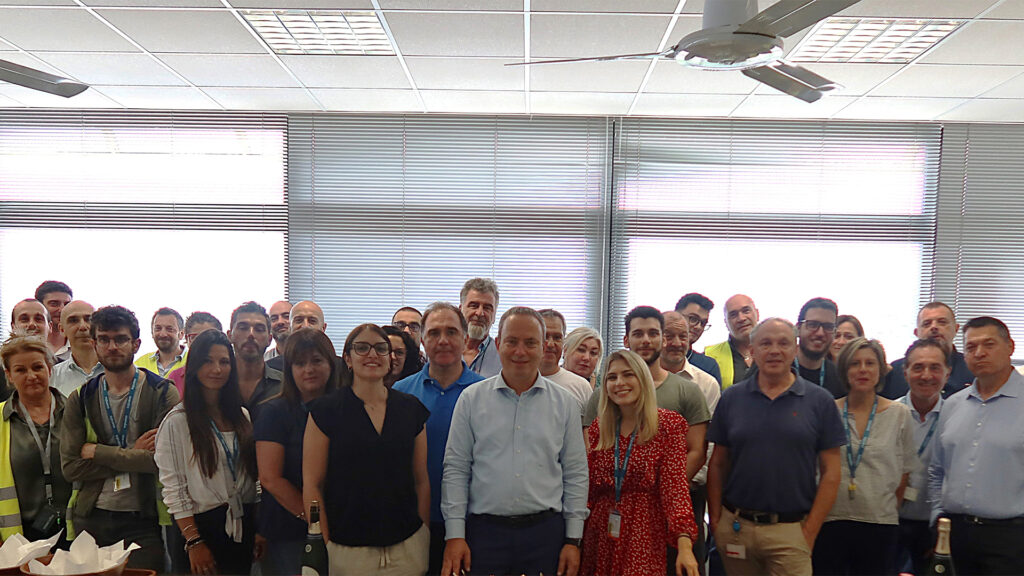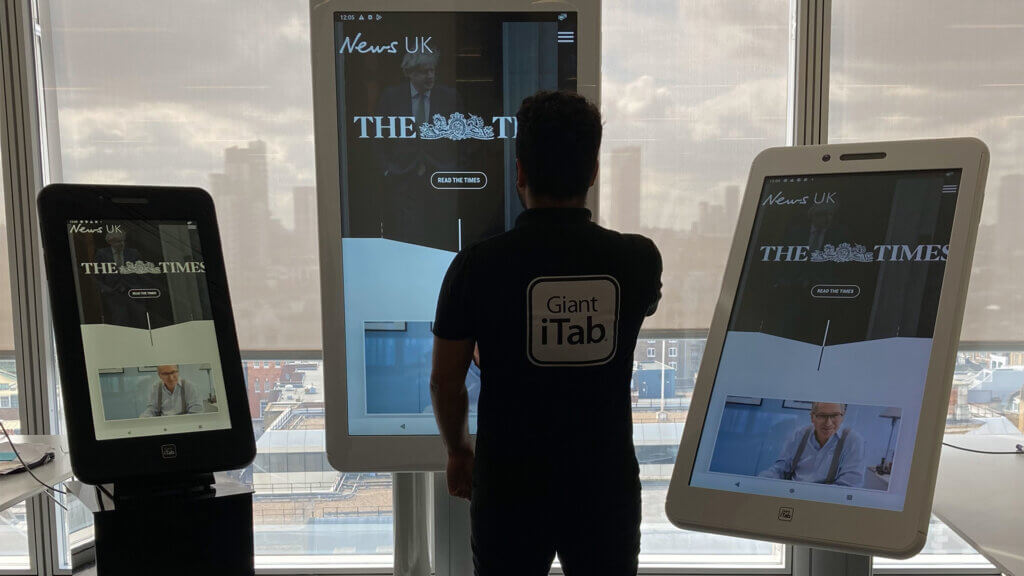7 Effective Ways to Improve the Work Performance of Your Employee
With the increased competition in the work environment today, maximizing employee performance is critical to maintaining a competitive edge. When employees feel valued, motivated, and supported, they’ll naturally become more productive, resulting in the achievement of organizational goals.
However, unlocking your team’s full potential can be challenging. You need to establish strategic approaches that focus on boosting engagement, reducing burnout, and fostering growth. In this article, we explore seven effective ways to improve the work performance of your employees to enhance company growth.
Set clear, attainable goals and expectations
The first step to improving your employee performance is establishing clear and attainable goals. When your team understands their objectives, they will likely become more focused and motivated. Well-defined goals guide their daily tasks, providing clarity on how their roles align with the overall company goals. Below are tips for implementing effective goal-setting:
- Use SMART goals: Ensure your goals are Specific, Measurable, Achievable, Relevant, and Time-bound. This makes them clear and realistic.
- Regular reviews and updates: Be sure to assess and adjust goals regularly to ensure they reflect any changes in business needs and priorities.
- Transparent communication: Hold employee meetings regularly to discuss company goals. This ensures your team fully understands expectations and how their work contributes to company objectives.
Leverage Technology to improve time and task management
Efficient time management is crucial for improving employee performance. Invest in software that enables you to streamline time tracking and project management. This allows your team to focus on their tasks without being overwhelmed. Leveraging technology could also provide insights into productivity trends, allowing you to optimize workflows. Here are tips for optimizing time and task management:
- Invest in time-tracking software: Be sure to use a reliable time-tracking tool to help your employees identify how time is spent and set realistic goals. For instance, you could download the Open Time Clock to manage your team’s time and attendance for client project billing and payroll processing.
- Utilize project management platforms: Use Trello, Basecamp, Monday.com, or ClickUp to manage tasks, prioritize effectively, and track project progress.
- Automate repetitive tasks: Use automation software to reduce employees’ time on routine tasks. This allows them to focus on functions that directly contribute to achieving the company’s bottom line.
Provide ongoing training and development opportunities.
Employees will likely become more productive if they feel they are growing. Encourage continuous professional development to expand your team’s skills and boost their confidence.
Be sure to offer skill-building workshops and online courses on areas you feel your team could improve to help them upskill. You could also create mentorship programs to pair newer employees with experienced team members to provide newbies with relevant guidance and support. Promoting cross-training, where you encourage employees to learn different roles within the organization, can also strengthen teamwork and improve team versatility.
Foster open communication
An effective way to build a productive work environment is by enhancing open and honest communication. When your team feels comfortable sharing ideas or voicing their concerns, it minimizes conflicts and misunderstandings and fosters trust.
Open and honest communication is also the backbone of better work relationships. Be sure to create a feedback-friendly culture to give employees insights on areas they could improve. Here is a guide on how to build open communication within your organization:
- Hold regular one-on-one meetings: Individualized meetings allow you to give personalized feedback and address individual challenges or questions.
- Invest in collaboration tools. Use tools like Slack, Microsoft Teams, or Asana, to mention a few, to streamline department communication and facilitate project management.
- Encourage upward feedback: Give your employees a platform to submit feedback to management. This helps you to identify and address issues that may not have caught your eye within the company.
Recognize and reward excellent performance
One of the most effective strategies to boost employee motivation, reinforce positive behavior, and improve overall performance is recognizing and rewarding excellent performance. When your team feels valued and appreciated for their efforts, they will likely stay more engaged and committed to their roles while reducing turnover.
Be sure to:
- Recognize your team’s accomplishments in meetings, company newsletters, or on internet portals
- Provide personalized rewards like monetary bonuses or day offs to reinforce positive behavior
- Implement a peer-recognition system to encourage your team to acknowledge each other’s achievements. This creates a supportive, team-focused atmosphere.
Promote work-life balance
Burnout is one of the most significant causes of reduced productivity and dissatisfaction in a work environment. An excellent way to prevent burnout is by encouraging employees to maintain a healthy work-life balance. This improves their mental well-being and work performance, especially in high-pressure roles or industries.
Consider offering flexible work hours whereby your employees choose what works best for them within reasonable limits. This allows them to manage their personal and professional responsibilities effectively. You could also encourage breaks and vacation time to allow employees to recharge, which prevents burnout. Promoting remote or hybrid work options can also reduce commuting areas and increase productivity.
Empower employees with autonomy
Avoid micromanaging your employees, as this results in stress and reduced motivation. Instead, empower your team to take ownership of their work and make decisions that drive results. When employees can choose how they approach tasks, set priorities, and use their creativity, they are often more engaged and motivated.
Autonomy also builds a sense of trust between you and your employees, which boosts morale and encourages your team to take on more responsibility, not to mention fostering innovation and creativity. The following are strategies to foster autonomy:
- Give employees control over their projects: Allow your team to take ownership and make decisions on their tasks.
- Encourage problem-solving: Instead of providing solutions, encourage your employees to think critically and find answers independently.
- Support your team’s initiatives: Encourage employees to bring new ideas or improvements to work processes. This shows them you trust their judgment and skills.
Endnote
Investing in your employee’s performance is essential to drive success and sustain growth. Set clear, attainable goals, provide ongoing training, embrace technology, foster open communication, promote healthy work-life balance, and reward excellent performance to create an environment where your employees feel empowered, valued, and motivated.








